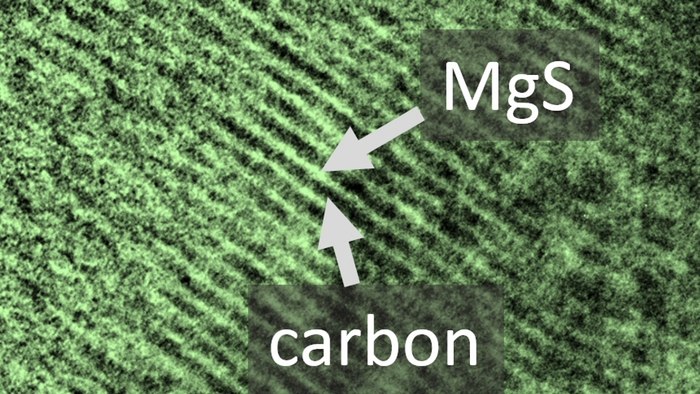There’s another promising contender in the race to supplant the dominance of lithium-ion and metal-hydride based batteries in the world of energy storage. New research from the Karlsruhe Institute of Technology’s (KIT’s) Helmholtz Institute Ulm (HIU) details the development of an electrolyte that can be used in new magnesium-sulfur battery cells that would be more efficient and inexpensive than the dominant types of batteries in use today.
In the past year alone, we’ve seen research into water-based batteries, fast-charging “dual carbon” batteries, performance enhancing sand-based anodes, an aluminum-air EV battery, and even a nanodot-based smartphone battery that can recharge in 30 seconds.
Like all these, KIT’s new electrolyte and the magnesium-based batteries it could enable come with their own list of benefits. The electrolyte’s electrochemical window hits the sweet spot in terms of stability, a key characteristic desirable in materials used in batteries. It also plays well in various solvents and at high concentrations and works with a sulfur cathode, a material that is cheap and efficient when it comes to discharging maximum voltage.
It’s also relatively easy to produce, which when combined with the fact that magnesium is abundant, non-toxic and doesn’t degrade in air, should mean it will also make for inexpensive magnesium-based batteries with greater longevity and storage densities than lithium-ion batteries..
For more detail: New electrolyte to enable cheaper, less toxic magnesium-sulfur-based batteries

